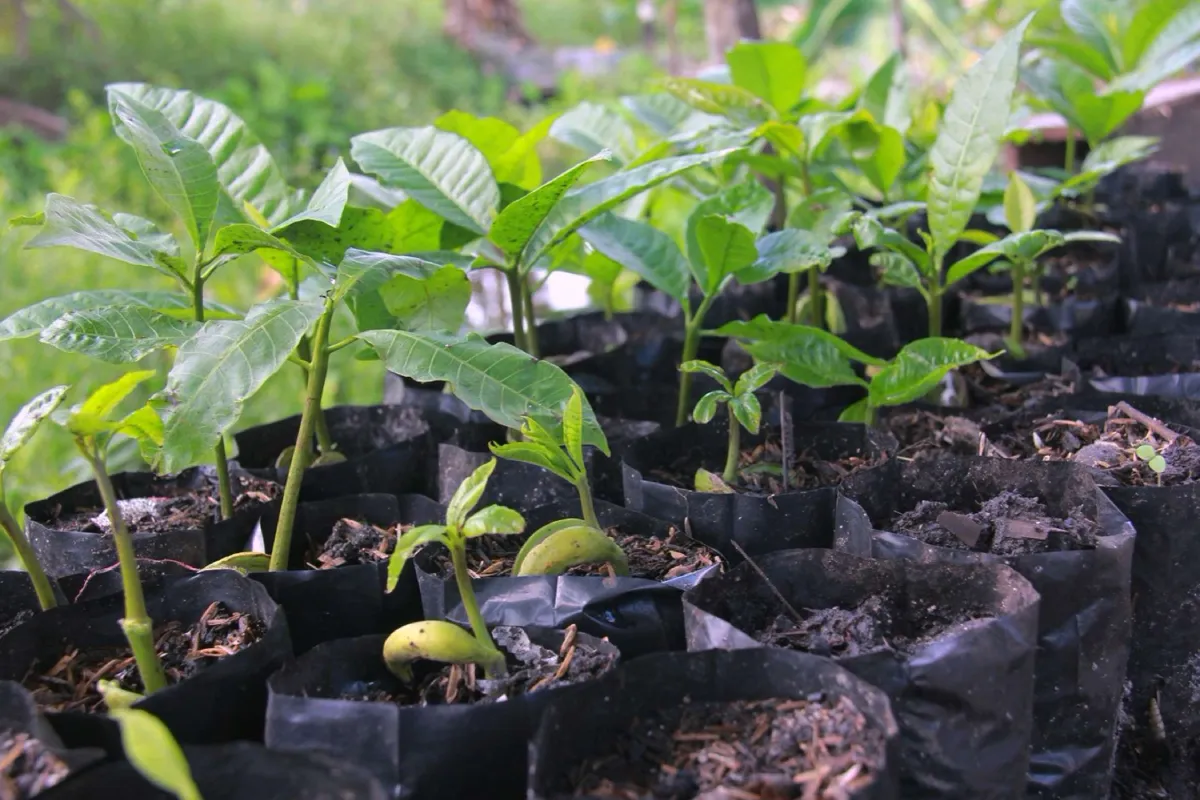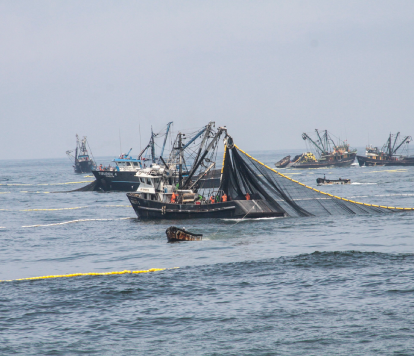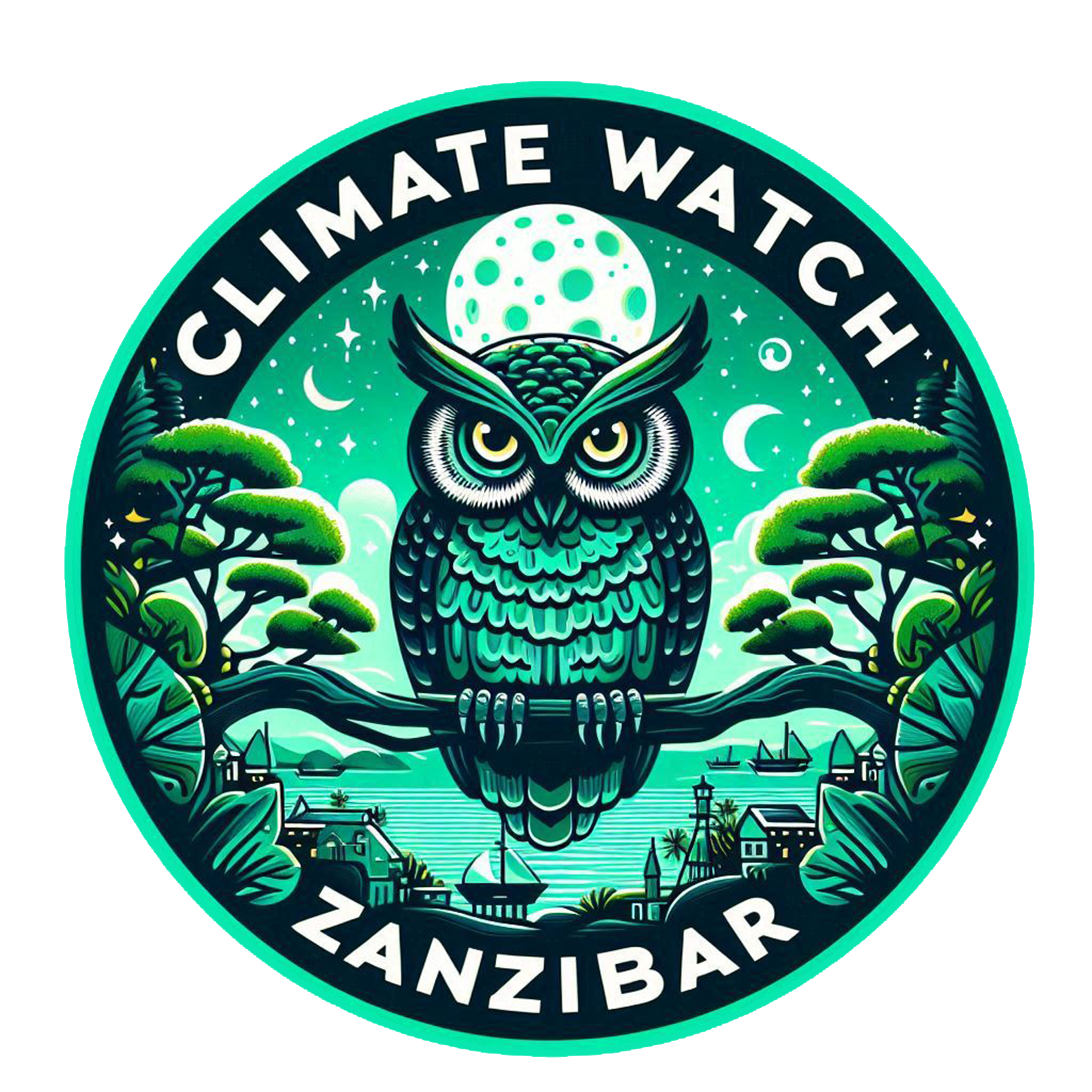
Changing Moonsoon Patterns
Changing monsoon patterns in Zanzibar are having noticeable effects on the island's climate, environment, and socio-economic activities. Here’s a breakdown of what’s happening and why it matters:
01
Traditional Monsoon Cycle in Zanzibar
Zanzibar, like much of coastal East Africa, traditionally experiences two rainy seasons influenced by the monsoon winds:
- Masika (Long rains): March to May – caused by the southern monsoon.
- Vuli (Short rains): October to December – influenced by the northern monsoon.
- Dry seasons occur from June to September and January to February.
02
Observed Changes in Monsoon Patterns
Recent years have seen shifts in the timing, intensity, and reliability of these rains:
- Delayed or erratic rainfall: Rainy seasons start later or become unpredictable.
- Shortened rainy periods: The rains may not last as long, affecting agriculture.
- Increased intensity: When it does rain, it’s often in shorter, more intense bursts, increasing flood risks.
- Extended dry spells: Droughts are more frequent and prolonged.
These changes are consistent with broader climate change patterns affecting tropical regions.
Impacts on Zanzibar
Agriculture
- Unpredictable rains disrupt planting and harvesting cycles.
- Crops like rice, cassava, and spices (e.g., cloves) suffer.
- Saltwater intrusion from rising seas affects soil and freshwater availability.
Fisheries
- Monsoon shifts affect fish migration and catch seasons.
- Stronger winds and storms endanger fishers at sea.
Health
- Erratic rains increase vector-borne diseases like malaria and dengue.
- Flooding worsens sanitation and waterborne diseases.
Tourism
- Coastal erosion and unpredictable weather threaten beach resorts and diving.
- Infrastructure (roads, airports) can be affected by floods.

Causes
- Global warming: Alters oceanic temperatures, affecting wind patterns and rainfall.
- Indian Ocean Dipole (IOD): This climate phenomenon—similar to El Niño—has become more erratic, influencing rainfall in East Africa.
- Deforestation and land use changes: Reduce local rainfall and worsen runoff and erosion.
Adaptation Strategies
- Rainwater harvesting and improved irrigation.
- Early warning systems for extreme weather.
- Climate-resilient crops and diversified agriculture.
- Mangrove restoration to buffer storm surges.
Local education and policy coordination through the Zanzibar Climate Change Strategy





